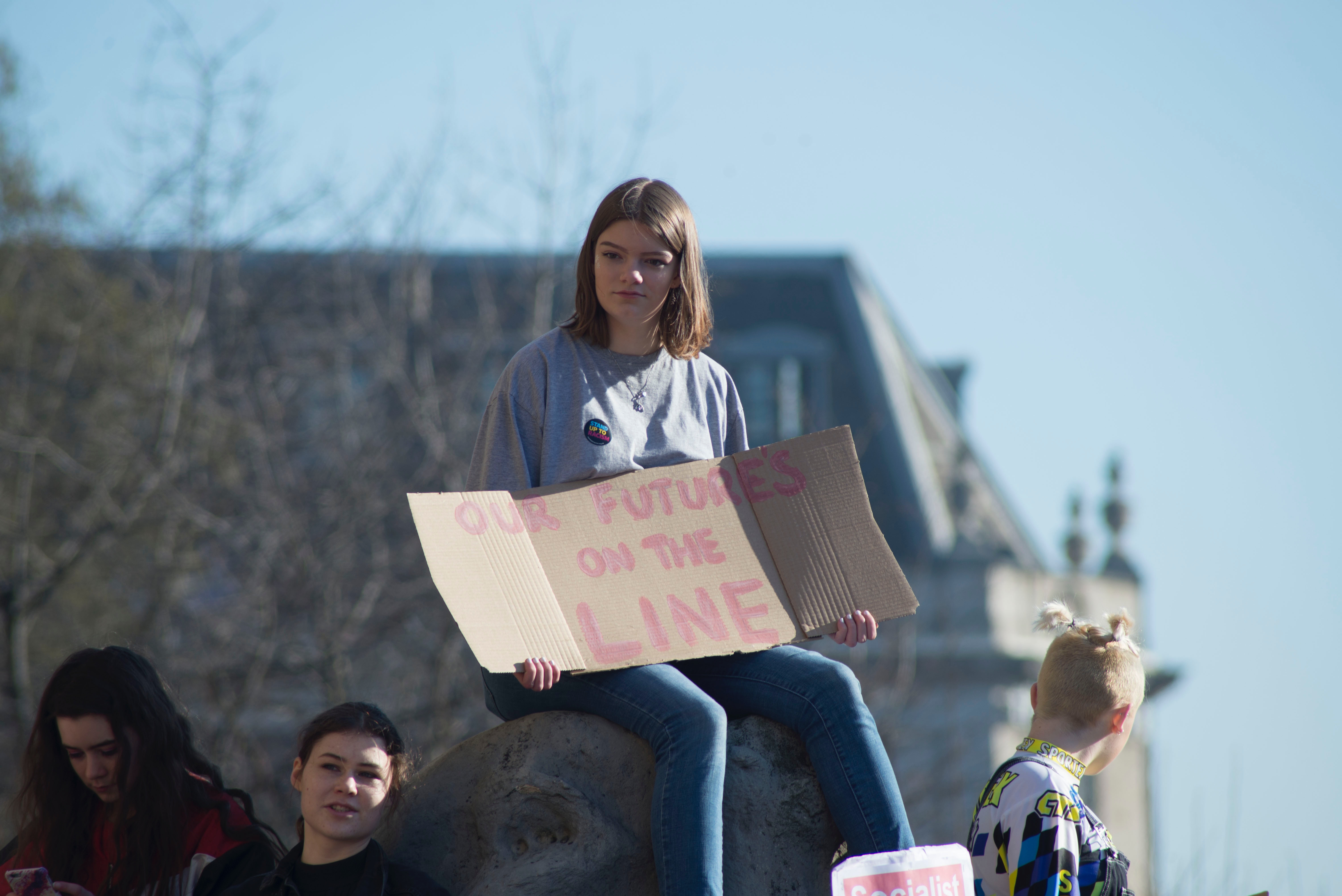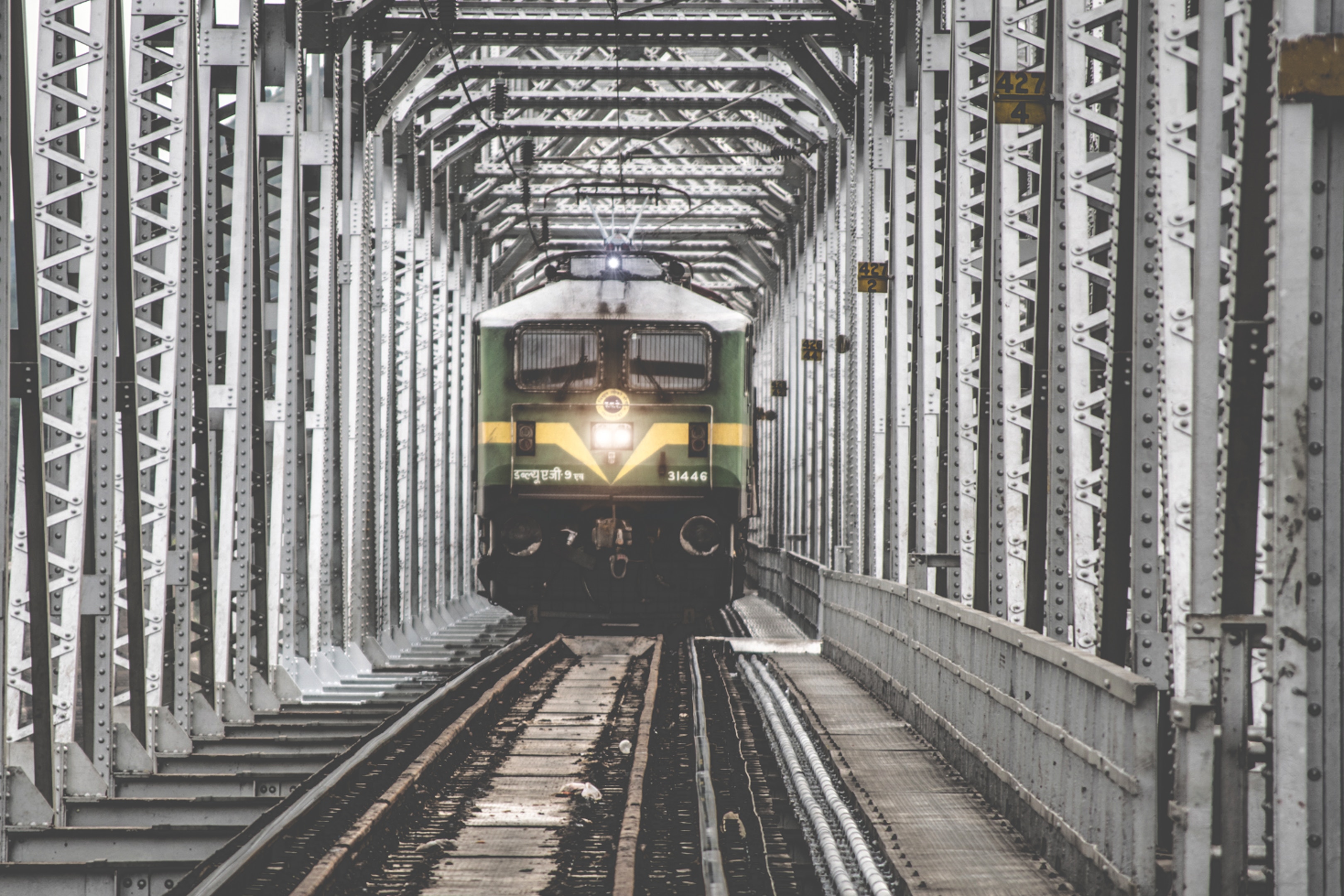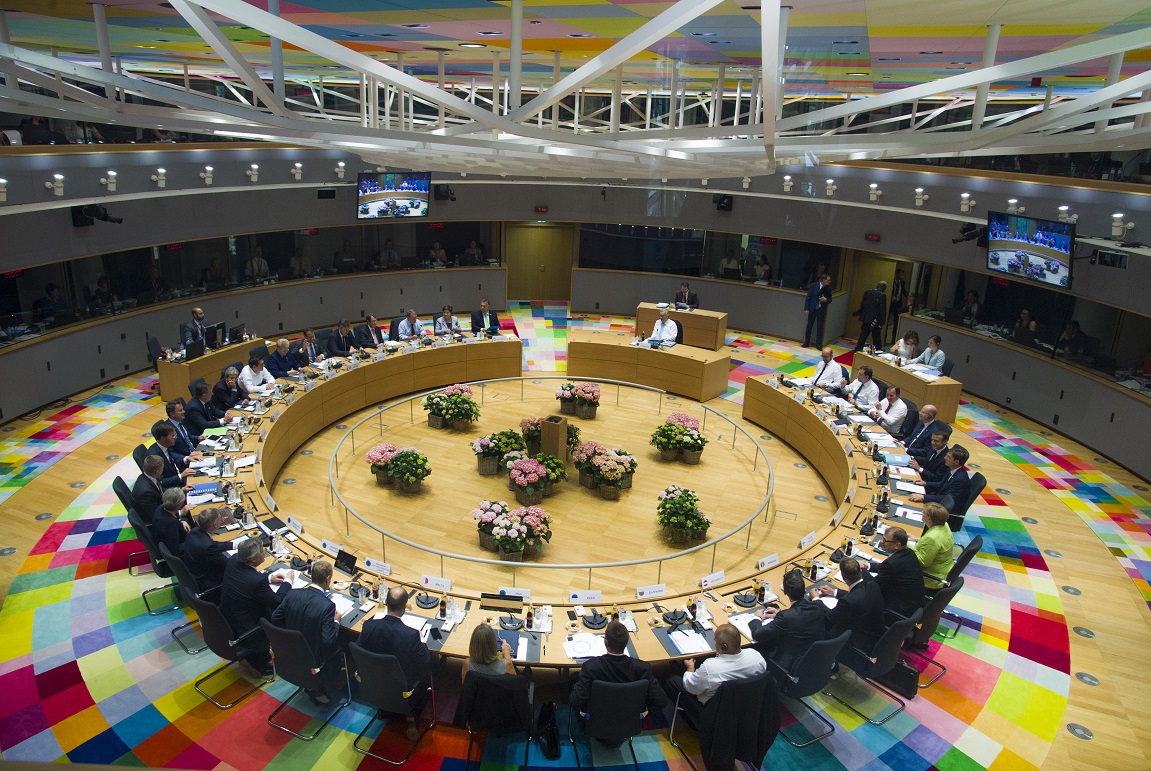
Written by Giacomo Migliore
European elections are two months away! Some of the players are beginning to show their cards, others have to fix some in-party trouble. With spring approaching, there is a young green movement all around the continent that is enunciating for the environment. Every day is crunch time for Brexit and in the meantime, life continues to be shaky – as usual – in the institutions. These are the headlines:
-
- Macron, AKK, and Weber acting in sight of the elections
- #FridayforFreedom, young Europeans and climate change
- Not all nomination procedures in the institutions go as smoothly as wished
- Brexit Briefing
- Circular Economy: Perhaps not everyone knows this?
Macron, AKK and Weber acting in sight of the elections
French President Emmanuel Macron has been rather absent from the European political arena in the last few months. He has been focused on domestic issues, tackling the widespread yellow jacket protests and carrying out the Grand Débat National, a two-months-long tour in the French municipalities listening to citizens’ concerns. With the EU elections approaching, his comeback to the EU battlefield took place on the 4th of March, when he published an op-ed – that can be seen as a sort of political manifesto – in 22 languages in 28 newspapers from all around Europe. The piece argued for a European renaissance, proposing new institutions (managing the protection of democracy, asylum policies, security, climate-related investments, food safety, and innovation) and a major conference on the structure of the EU, without excluding the revision of the treaties. Overally, it offers non-nationalist solutions to issues driving national populism.
As a response, on Sunday the 10th of March was a published op-ed written by the German party CDU leader Annegret Kramp-Karrenbauer (AKK for non-German speakers, who might struggle to pronounce her name). AKK, who might not be well-known outside Germany yet, has been leading the CDU since December succeeding Angela Merkel, an interesting position that could bring her to be a future Chancellor of Germany. In her article, titled Getting Europe right, she agrees with French President Macron with regard to the goals of making Europe stronger and of dealing with migration and climate change. Disagreements are present, however, both when it comes to the proposed institutions, with AKK is preferring cooperation among national governments, and when the idea of an EU seat in the United Nation Security Council is put forward, a strategically important seat that France already has but does not look willing to share with third parties.
Meanwhile, on the center-right side of the European political spectrum, a headache hit the European Parliament’s European People Party (EPP), currently the most represented party in the EU Parliament. Twelve of the 36 parties belonging to the EPP asked Joseph Daul, EPP president, to expel Orbán’s Fidesz party from the EPP, following frictions on the rule of law, crackdown both to the freedom of speech and of media and attempts to impede to the Central European University to keep running as usual. The ultimate event that triggered reactions within the EPP party was a billboard campaign against George Soros and European Commission President Jean-Claude Junker, accusing them to foster illegal migration. EPP parties are afraid that keeping Fidesz – a prodigal son from European values – within their ranks could negatively affect their national results in the upcoming elections. EPP party will decide on this internal issue and come up with solutions
To know more: Macron’s op-ed (FR, EN), AKK op-ed (DE, EN), Euractiv on the EPP
#FridayforFreedom, young Europeans and climate change
Politics is not only shaped in the halls of power. European students have been protesting each Friday since mid-January starting from Brussels and then in various other European cities, asking for stronger political actions to counter climate change. Greta Thunberg is a 16 years old activist and the main voice of this young movement. In August 2018 she started striking from school promising to go back to courses as soon as the government would have tackled the thematic. The materials published on the web that reported this strike went rapidly viral and soon she became a symbol for many other students sharing the same concerns. Late last year and earlier this year she shared her message at the COP24 in Katowice (Poland), at the World Economic Forum in Davos and at the European Economic and Social Committee in Brussels. Also, she founded the movement called Friday for Future. As she says referring to her generation, “There is simply not enough time to wait for us to grow up and become the ones in charge”; that is why students are continuing striking until a political response to tackle climate change comes. On Friday the 15th of March protests were staged in more than 100 countries.
Not all nomination procedures in the institutions go as smoothly as wished
Let’s dive a little in the nomination process of some European institutions. Nominate top civil servants of the EU institutions might seem an important still ordinary and straightforward process to outsiders; in reality, it is a complex one that requires negotiation between the Member State governments and the institutions themselves. During this period there are ongoing processes to select the first EU Prosecutor of the European Public Prosecutor’s Office (EPPO) and some of the members of the top financial and supervision boards.
The first-ever EU’s public prosecutor will be able to indict people for fraudulent use of EU funds. Laura Codruța Kövesi is the former chief of Romanian Anti-Corruption Directorate (DNA) and enjoys wide recognition for her high competence in the matter. She is considered a top candidate for the place also because of her origins in Eastern Europe, the region that now most urgently has to face rule of law issues. At the end of February, she was selected by the EU Parliament but not by the Council. Indeed, her country’s government (now holding the European Council Presidency) has been lobbying against her in the Council, presumably worried of some misdoings of some of its members and of her proven ability in spotting them. The council supported the French candidate, Jean-François Bohnert. Now the final choice depends on the two institutions finding an agreement.
In the first days of March, the Greens decided to follow words with deeds about gender parity in EU’s top financial and supervisions posts. They prompted parliament to hold the confirmation of three nominations voted by the committee on economic and financial affairs (ECON committee): Philip Lane for the European Central Bank, José Manuel Campa for the European Banking Authority and Sebastiano Laviola for the Single Resolution Board for banks. Greens’ Secretary-General Vula Tsetsi asked MEPs to wait until the ECON committee “has received an answer to a letter sent by European Parliament President Antonio Tajani raising concerns on the continued imbalance regarding high-level nominations”. Should no answer be sent to EP President Tajani, two of the three votes on the nominations will be postponed (José Manuel Campa nomination will be voted in any case because it cannot be postponed).
Brexit Briefing
The closer the Brexit date approaches, the harder it is to forecast the final outcome of the two-year long process. As the time of writing the situation stands as follows: The House of Commons rejected for the second time the deal negotiated by Prime Minister Theresa May on the 12th of March, rejected any no deal scenario on the following day and two days later opted for an extension of the two years period, that should be agreed with the European counterparts. Now, everyday of the coming weeks can determine the course of Brexit.
Circular Economy: Perhaps not everyone knows this?
and others have to fix some in-party trouble. With spring approaching, there is a Circular economy aims at reusing finite resources in a sustainable and smart way in contradiction to the linear economy approach, which is prevalent nowadays and is based on a ‘take-make-dispose’ model. The actual European Commission cabinets will close doors later this year and are starting to close some of their dossiers. At the beginning of March, a report was published stating that all 54 actions of the Circular Economy Action Plan have been delivered or are being implemented. Such actions include a strategy for reducing plastic use, circular design of product’s lifecycle and projects to turn waste into resources. Over the 2016-2020 period efforts in innovation and investments in this field totaled more than €10 billion.

 The invention of development: power, narrative, and the afterlife of Truman’s speech
The invention of development: power, narrative, and the afterlife of Truman’s speech  Is the World Trade Organisation a Failure?
Is the World Trade Organisation a Failure?  Is EU citizenship for sale – or for keeps? A critical analysis of the CJEU’s Golden Visa ruling.
Is EU citizenship for sale – or for keeps? A critical analysis of the CJEU’s Golden Visa ruling.  The European Union in Space: From exploration and innovation to security and autonomy
The European Union in Space: From exploration and innovation to security and autonomy 


